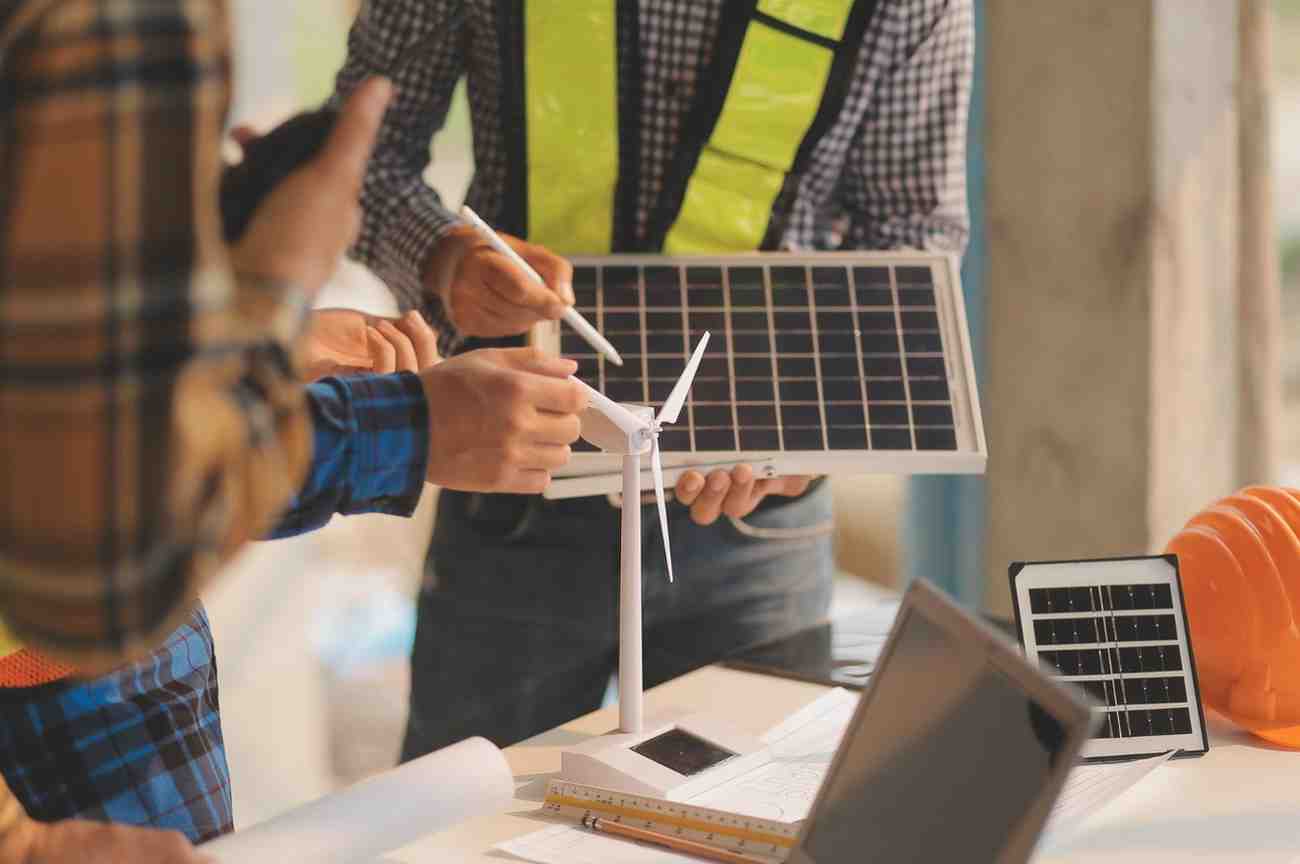


Switch to solar for savings! Choose on-grid, off-grid, or hybrid. A quality inverter ensures efficiency. Ready to go? Contact a trusted provider today!
Switching to solar power is an essential step toward energy independence and cost savings. With rising electricity costs and the increasing global push for renewable energy, more homeowners and businesses are considering solar energy.
However, choosing the right solar system; on-grid, off-grid, or hybrid, can be challenging with multiple options available. Each system has advantages and limitations; the wrong choice could result in unexpected costs or power shortages.
Before diving into the specifics of each system, it’s essential to define your primary goal for going solar. Are you looking to reduce electricity bills, gain complete energy independence, or have a reliable backup power source?
Your choice of solar inverter solutions depends on various factors, including power needs, geographical location, budget, and electricity availability in your area.
For instance, urban homeowners benefit more from on-grid solar systems, while remote property owners may find off-grid solutions more suitable.
An on-grid solar system is directly linked to the primary power grid. This allows the electricity produced by your solar panels to be used right away while any excess energy is fed back into the grid. In many regions, governments offer incentives or net metering programs, which enable homeowners to earn credits for the surplus electricity they supply.
An on-grid system is an excellent choice for those looking to cut energy costs but who don’t mind relying on the grid during cloudy days or at night.
An off-grid solar system is the way to go for those seeking complete self-sufficiency. Unlike on-grid systems, off-grid setups work independently, storing enough energy in batteries for use when solar power generation is low.
Off-grid systems are perfect for rural locations with limited or unreliable electricity infrastructure. However, due to the high cost of batteries, it’s essential to size the system correctly based on your energy consumption.
A hybrid solar system combines features of both on-grid and off-grid systems. It generates electricity through solar panels, stores excess energy in batteries, and remains connected to the grid for additional support.
Hybrid systems are ideal for those who want a balance of energy independence and grid reliability. While in the starting of any investment is higher, the long-term savings and energy security can make it worthwhile.
Switching to solar power is a smart investment for the future. Whether you choose on-grid, off-grid, or hybrid systems, each has unique benefits. Understanding your energy needs, budget, and location will help you make the best decision.
And remember, a reliable solar inverter company will ensure your system runs smoothly for years to come. Investing in high-quality solar inverter solutions will maximize efficiency and savings.
Ready to make the switch? Contact a trusted solar inverter business today and take the first step toward sustainable, cost-effective energy!
